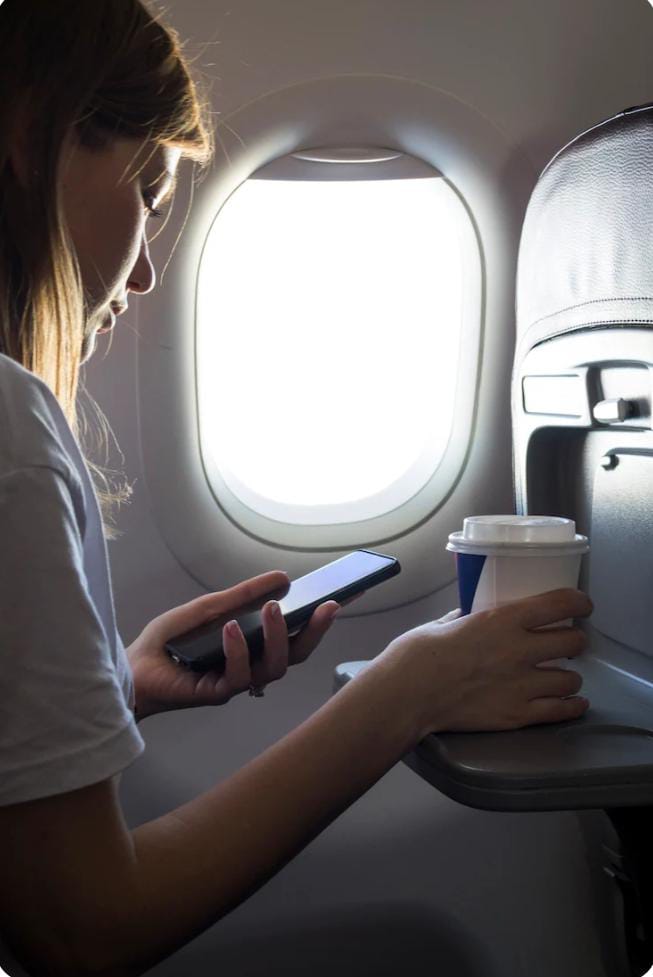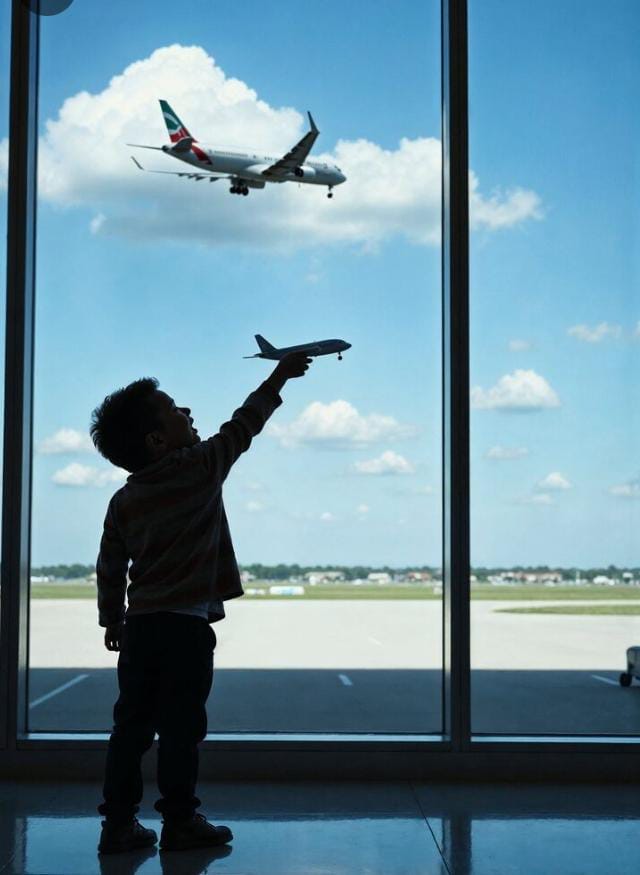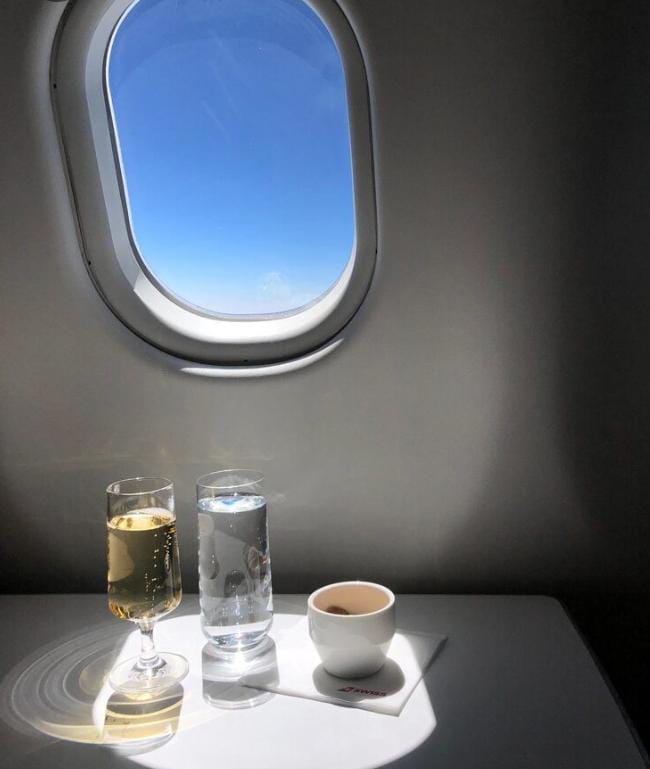In August 2025, Delta Air Lines and United Airlines were hit with class action lawsuits after passengers alleged they were misled into paying premium prices for “window seats” that, in reality, offered no window at all—just a blank wall. These legal actions have sparked widespread attention, raising critical questions about transparency, consumer rights, and the business practices of major airlines regarding seat selection and ancillary fees.
The Lawsuit: Allegations and Scope
Passengers filed separate lawsuits against United in federal court in San Francisco and against Delta in Brooklyn, New York. The plaintiffs are seeking millions of dollars in damages for over a million affected travelers per airline. According to the legal filings, the misleading window seat designation spans across several aircraft models frequently used by both companies, particularly the Boeing 737, Boeing 757, and Airbus A321.
The crux of the complaint is that both airlines marketed and sold seats as “window seats,” but did not disclose when those seats were located next to a wall due to air conditioning ducts, wiring, or other structural constraints making it impossible to include a window. Passengers paid substantial fees—sometimes hundreds of dollars—expecting a window, only to have their expectations dashed mid-flight.
Motivations Behind Window Seat Selection
The lawsuits detail how passengers opt for window seats for a variety of reasons:
- Alleviating anxiety or motion sickness
- Entertaining children
- Enjoying additional natural light
- Appreciating the view and enhancing the air travel experience
Attorneys argue that if passengers had known their chosen seats lacked windows, the overwhelming majority would neither have selected nor paid extra for them. As one complaint put it, “Had the plaintiffs and class members been aware that the seats they were purchasing were without windows, they would not have chosen them — let alone paid extra”.
Airline Responses and Industry Practice
Both Delta and United declined to comment on the lawsuits, citing corporate policy not to discuss ongoing litigation. However, the complaints highlight that competitors such as Alaska Airlines and American Airlines do inform customers about which seats lack windows during the booking process—a transparency absent in Delta and United’s systems.
Classifying every seat on the aircraft’s side as a “window seat,” even those that do not provide an actual window, is characterized in the lawsuits as “illegal” and “misleading.” The law firm Greenbaum Olbrantz LLP, which filed both suits, emphasized that third-party seat review websites like SeatGuru, while helpful, do not relieve airlines of their obligation to accurately represent their products.

Business Model: Ancillary Revenue and Seat Fees
The controversy is deeply tied to the airlines’ ongoing quest for ancillary revenue. Airlines increasingly rely on income from add-ons—seat selection, baggage fees, cabin upgrades, lounge access—allowing them to keep base fares low while maximizing profit on extras. In this case, however, the practice may have crossed a legal threshold, shifting from clever marketing to consumer deception.
Real Passenger Impact
One of the lead plaintiffs in the Delta suit, New York resident Nicholas Meyer, discovered his seat labeled as a window seat on row 23 was actually adjacent to a blank wall. The United suit, led by Marc Brenman from San Francisco and Aviva Copaken from Los Angeles, cites similar experiences—sometimes with partial refunds, sometimes not.
The lawsuits also note the emotional disappointment and practical impairment for travelers, especially those with specific needs related to windows, such as nervous flyers and families with children.

Legal Arguments: Misrepresentation and Consumer Rights
The cases hinge on the assertion that Delta and United “misrepresented the characteristics of the services they provided,” violating consumer protection laws. Carter Greenbaum, lead attorney, stated, “We aim to hold United and Delta responsible for charging customers extra for services they failed to provide, as well as misrepresenting the characteristics of the services they did provide. They marketed these as window seats but ultimately seated customers next to a wall.”
The plaintiffs are asking for:
- Unspecific damages for affected passengers
- Court orders barring the airlines from selling windowless seats as “window seats” going forward.
Industry Comparison and Possible Outcomes
Unlike Delta and United, Alaska Airlines and American Airlines already disclose which seats do not have windows during booking. If the lawsuits succeed, it could force Delta and United to overhaul their seat selection disclosures, potentially impacting how all airlines handle such fee-based seat assignments in the future.
Broader Implications
Air travel increasingly involves complex add-ons, with seat selection among the most lucrative. As airlines push further into ancillary fees, legal scrutiny over transparent marketing may intensify. These lawsuits could set a precedent, prompting further regulatory and legal examinations of airline business practices worldwide.
The Bottom Line: Transparency vs. Profit
As of August 2025, the litigation remains ongoing. While passengers wait for the courts to decide, the case shines a spotlight on the need for honest communication and fair marketing in the airline industry—especially as travelers face ever more fees just to secure the basic comforts and experiences they expect at 30,000 feet.
For now, those considering a window seat on Delta or United flights are advised to double-check with third-party resources—or risk disappointment. The lawsuits serve as a stark reminder: transparency is vital in a marketplace driven by consumer choice and trust.

